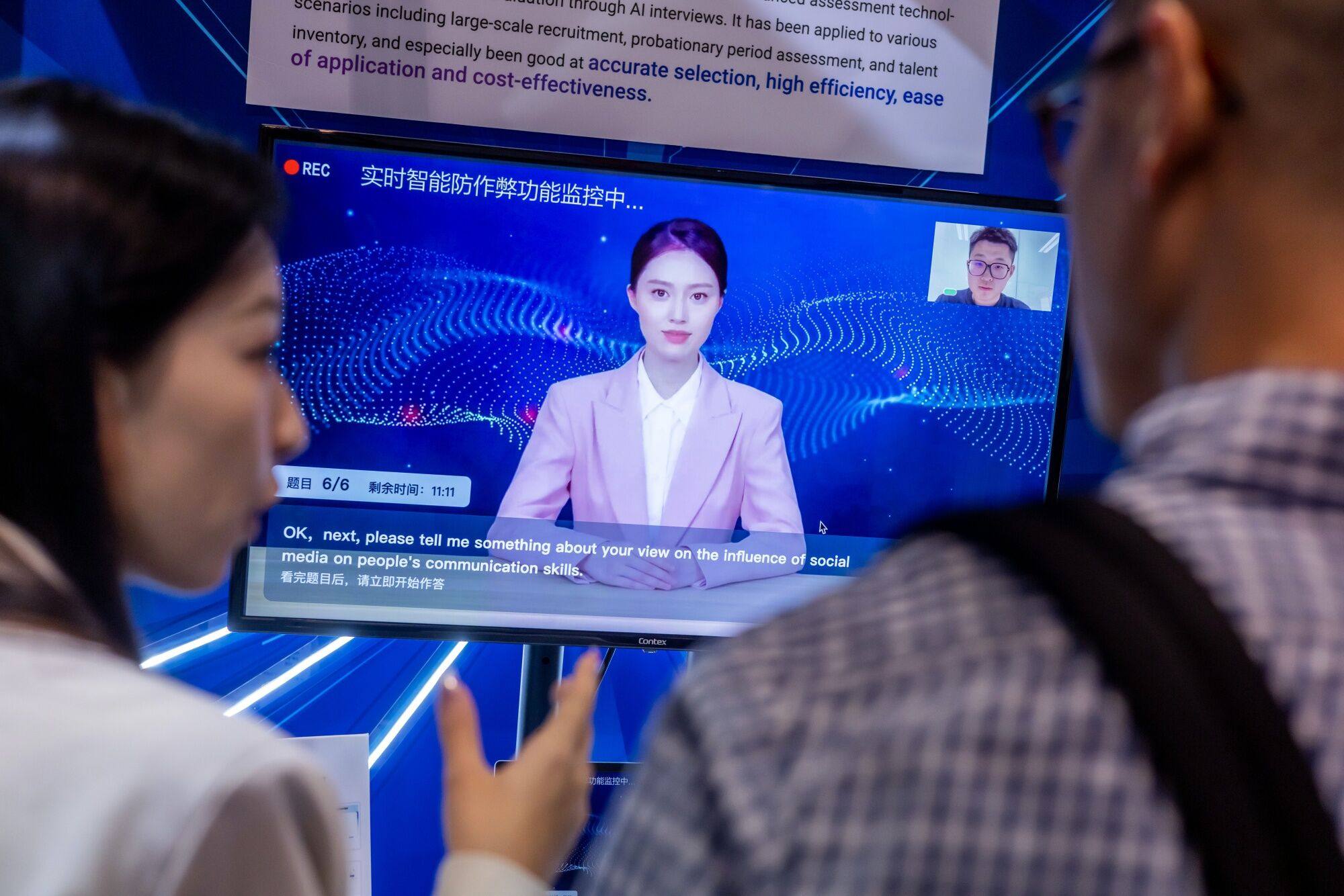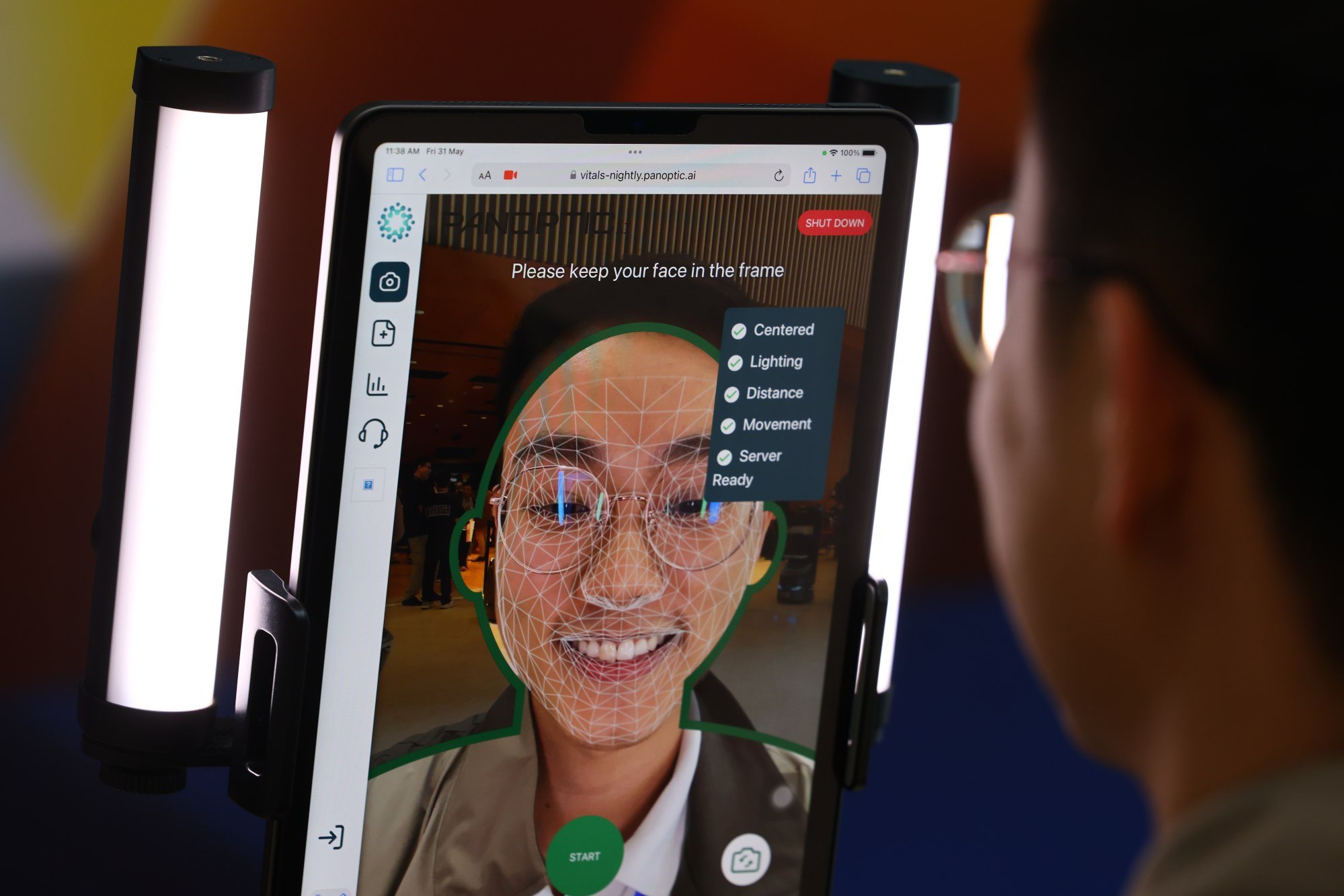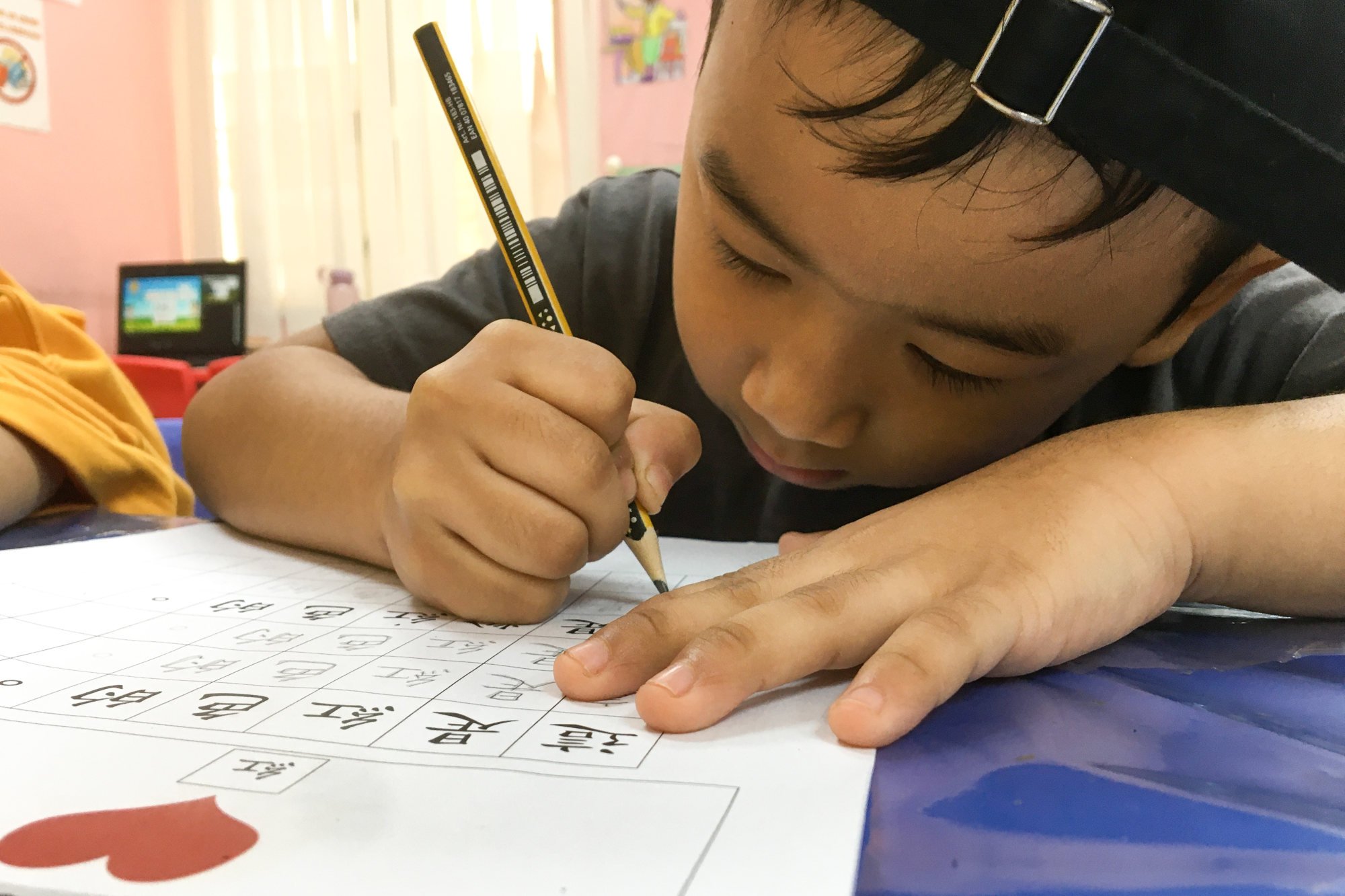
Hong Kong has a chance to shape AI based on its own values
- While artificial intelligence can reflect biases and put livelihoods at risk, existing models in Asia prove it can be tailored based on local needs
- Guided by ethics, Hong Kong’s application of AI has the potential to serve marginalised students, improve healthcare access and optimise traffic flows
These models exhibit an inventive creativity in shaping AI to reflect the needs and priorities of their populations, rather than passively adopting an off-the-shelf technical tool. They offer examples of how AI can be localised in aspects ranging from language and terminology to underlying value systems and problem-solving methodologies.

Market-driven technological change is a double-edged sword. Our way of life is not at immediate risk from AI’s rise. As sceptics like Robert Gordon point out, even if “the [automated] car drives up to my house, how does the package get from the car to my porch? Who carries it when I’m away?”
AI is still in its infancy; as of now, it has only expanded the realm of what computers can do. But the most profound economic impact and productivity gains from its maturation and widespread adoption still lie ahead.
A collaborative approach can guide AI’s assimilation and localisation to where it is most needed. For instance, Hong Kong’s transport sector could be transformed through AI optimisation of traffic flows, predictive maintenance for public transit and dynamic pricing systems to reduce congestion.
Applying AI chatbots and virtual assistants to streamline government services like licence applications and immigration processing could vastly improve convenience and accessibility.

In healthcare, AI could help to improve care delivery and enhance overall access. Precision medicine powered by AI can provide targeted therapies and early interventions. Telemedicine relieves overloaded facilities while virtual nursing assistants mitigate the shortage of physical nurses.
AI diagnostic tools can expand access to quality healthcare and shorten waiting times. By focusing on improving access, equity and consistency of care, AI could have the potential to start addressing long-standing healthcare challenges across different demographics.

Applied ethically, AI can help bridge societal divisions and equip youth from all backgrounds with skills to unlock their potential. This requires recognising technology as a means, not an end, guided by the human values of equity.
There is likely to be some trial and error involved, with uneven impacts, as we work to redistribute the gains of AI equitably. We must therefore brace ourselves for these disruptions before we settle on the approaches best suited to local needs and sensibilities.
The use of AI may sometimes seem mystical, but we should not miss out on its phenomenal potential. As we stand at the dawn of a new revolution powered by AI, Hong Kong has a rare opportunity to pluck wisdom from the historical and technological haze.
By learning from past innovations, while grounding our approach in ethical principles, we can transcend the pitfalls of short-sighted techno-solutionism. Our city’s future depends on recognising AI not as a threat, but as an opportunity for the benefit of all.
Adam Au is the general counsel of a multinational corporation

